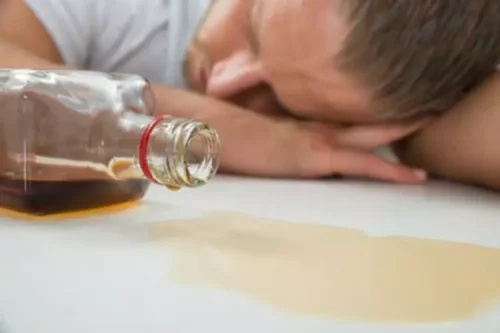People who are daily or heavy drinkers may need medical support to quit. Stopping drinking abruptly can lead to seizures and can even be fatal. Long-term sobriety is more likely when individuals engage in comprehensive aftercare programs that provide continued support, which may include therapy, 12-step programs, and wellness activities. These programs can improve relationships, life skills, and mental health, all contributing to a robust recovery. The path to long-term recovery is unique for each individual, with the common goal of embracing life changes that support a sober and fulfilling life.
Long-Term Benefits of Quitting Alcohol
- After 24 hours without alcohol, your body will start to detoxify and you may experience withdrawal symptoms.
- This is because the symptoms of withdrawal can be life-threatening.
- Here are suggestions for how to get through alcohol withdrawal at home.
- Your gut microbiome is full of bacteria, both good and bad, that, when properly balanced, help regulate different processes in the body.
Some people even have seizures or see things that aren’t there (hallucinations). Your doctor or substance abuse therapist can offer guidance and may prescribe medication like benzodiazepines or carbamazepine to help you get through it. If your blood pressure, what happens when you stop drinking alcohol pulse, or body temperature rises, or if you have more serious symptoms like seizures and hallucinations, seek medical care immediately (dial 911). If you drink only once in a while, it’s unlikely that you’ll have withdrawal symptoms when you stop.
Skills for the Early Recovery Stage (Months 1–
Instead of criticizing yourself for having a hard time or slipping up and having a drink, remember that no one’s perfect. What matters most is your ability to maintain an open, curious outlook as you learn what does and doesn’t work for you. Satisfying hobbies can distract you from wanting to drink, but they also help you relax — something everyone needs to do. If you turn to alcohol to manage emotional distress, the added overwhelm can prompt the urge to drink, making success seem even more out of reach.
Mild Symptoms

If you stop drinking completely, one of the first things you notice should be improved energy levels, better sleep and finding it easier to wake up in the morning. Whether you are stopping for good, or just having some time off, it’s a good idea to be prepared for the changes you could see. But first, if you think you may be dependent on alcohol, you should consult your doctor or another medical professional.
Your Heart Gets Healthier
Call your provider or go the emergency room if you think you might be in alcohol withdrawal, especially if you were using alcohol often and recently stopped. Call for an appointment with your provider if symptoms persist after treatment. How well a person does depends on the amount of organ damage and whether the person can stop drinking completely. Alcohol withdrawal may range from a mild and uncomfortable disorder to a serious, life-threatening condition.
- Light to moderate drinking is linked to a reduced risk of heart disease, while heavy drinking appears to increase the risk (37, 38, 39, 40).
- During the first 1-4 weeks of recovery, managing PAWS is critical to prevent relapse, as the discomfort of lingering withdrawal symptoms can tempt individuals to return to alcohol use.
- While alcohol intoxication is only temporary, chronic alcohol abuse can impair brain function permanently.

